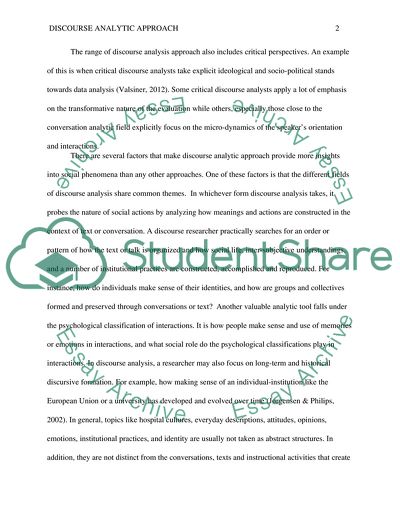Cite this document
(“Psychology, Discourse and Language Essay Example | Topics and Well Written Essays - 2500 words”, n.d.)
Retrieved from https://studentshare.org/psychology/1680846-psychology-discourse-and-language
Retrieved from https://studentshare.org/psychology/1680846-psychology-discourse-and-language
(Psychology, Discourse and Language Essay Example | Topics and Well Written Essays - 2500 Words)
https://studentshare.org/psychology/1680846-psychology-discourse-and-language.
https://studentshare.org/psychology/1680846-psychology-discourse-and-language.
“Psychology, Discourse and Language Essay Example | Topics and Well Written Essays - 2500 Words”, n.d. https://studentshare.org/psychology/1680846-psychology-discourse-and-language.


